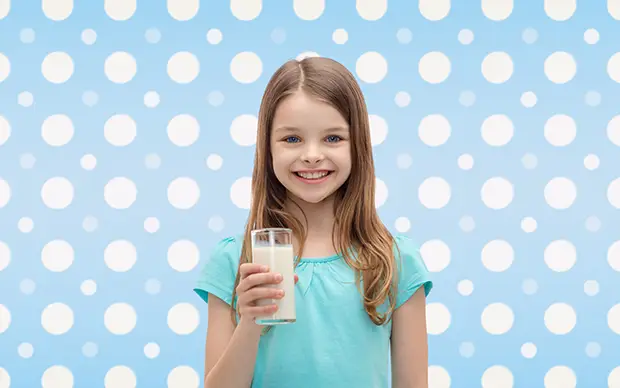
Submitted by Shannon Laesch, APN, and Elizabeth Madlem, APN, The Bone Health Clinic at Millennium Pain Center
Most people associate bone density and skeletal concerns with advanced age. However, healthy bones form during childhood, with the majority of bone density established before kids reach their 20s. Is it time to shift the focus to the early years rather than the later?
Up to 90 percent of peak bone mass is acquired by age 18 in girls and age 20 in boys, according to the National Institute of Arthritis and Musculoskeletal and Skin Diseases. What’s more, bone mass peaks by the late 20s for most people, which means at this point bones have reached their maximum strength and density.
Bone is a living tissue, and childhood is a critical time to focus on bone health and establish good habits that support skeletal wellness throughout life. Some factors affecting bone mass cannot be controlled, such as gender, race and hormones. Nutrition, on the other hand, can be controlled and is one of the best ways to increase your child’s bone health while teaching them positive eating habits.
Nutrition ideas to boost bone health
Studies show an increase in childhood bone fractures over the past four decades. Experts agree adequate levels of vitamin D and calcium decrease the risk of developing fractures by supporting bone strength. Vitamin D — an essential vitamin needed for the body to absorb calcium — is produced by the body in response to sunlight. During the winter months, many children are not getting enough vitamin D because of decreased daylight hours.
Milk is an obvious source of vitamin D and calcium, but for kids with lactose sensitivities or those who don’t like drinking milk, there are other options. In fact, there are many foods that are a good source of both vitamin D and calcium.
Eggs — It’s difficult to get the necessary amount of Vitamin D through food alone because there are very few foods that naturally contain Vitamin D. However, eggs are a good source of Vitamin D, most kids like eggs, and they are easy to integrate into your diet, whether in omelets, salads, wraps, casseroles, or desserts.
Kale — Just one cup of kale has 10 percent of your daily calcium and 133 percent of both your vitamin A and vitamin C needs for the day. If you struggle to get your kids to eat veggies, simply blend kale in a fruit smoothie, make kale chips by baking with garlic and olive oil, or mix cooked kale into spaghetti sauce or an egg frittata mixture to make it a seamless addition.
Figs — Five medium fresh figs have around 90 milligrams of calcium and other bone-healthy nutrients like potassium and magnesium. Dried figs are a good option also, plus they are a great natural sweetener for bakery items like cookies. A half-cup of dried figs has 120 milligrams of calcium.
Almond butter — Want a bone-boosting alternative to peanut butter for your little one’s toast and PB&Js? Try almond butter! In addition to being a good source of protein, two tablespoons contains an estimated 112 milligrams of calcium and 240 milligrams of potassium.
Tofu — Soft enough that even tots can safely eat it, tofu is considered by some to be a modern superfood. Packed with nutrients, calcium-enriched tofu contains more than 400 milligrams of calcium. Cut into small pieces, sauté, and add to your kids’ favorite dishes such as macaroni and cheese or scrambled eggs.
Osteoporosis, the disease that causes bones to become less dense and more prone to fractures, has been called “a pediatric disease with geriatric consequences,” because the bone mass attained in childhood and adolescence is an important determinant of lifelong skeletal health. The health habits your kids are forming now can make, or literally break, their bones as they age.
For more information on bone health and osteoporosis, you may contact the Bone Health Clinic at Millennium Pain Center,
309-662-4321. They are located at 1015 Mercer Ave. in Bloomington. Shannon Laesch and Elizabeth Madlem are certified bone health consultants. The clinic provides screening, diagnosis, and a comprehensive treatment plan for people who have or are at risk of developing osteoporosis.

